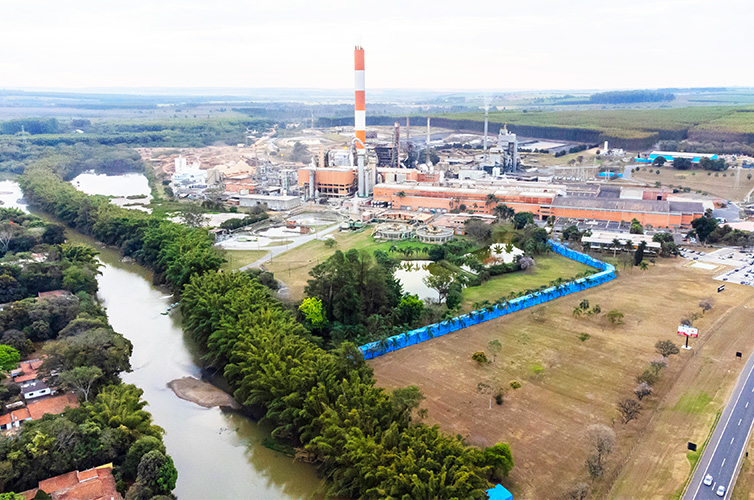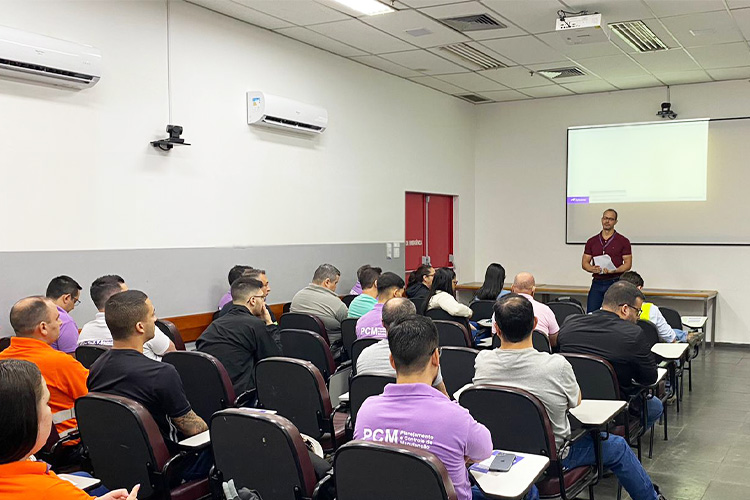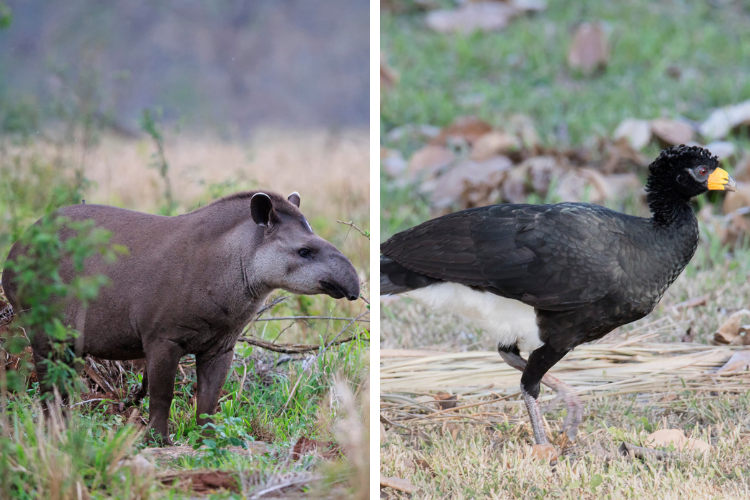MOGI GUACU, Brazil – Sylvamo’s Latin America mills are among many industrial water users in the region. That’s why the company actively works to protect and manage local water resources.
Sylvamo partners with other companies and stakeholders to share basin access to the Rio Mogi Guacu and Rio Grande rivers in Sao Paulo, Brazil, which provide clean water for more than nine million people.
Participating on two river basin committees allows the company to engage in a governance process, while collaborating with key stakeholders on water use and consumption projections of the shared resource.
“Our dedication to sustainability and ongoing efforts to optimize water usage extend beyond our internal operations,” said Mariana Claudio, community engagement and sustainability manager at Sylvamo. “We actively collaborate with our value chain to minimize environmental impacts, safeguard bodies of water and manage this vital resource. As the basin’s largest user, we embrace our role as stewards, ensuring responsible maintenance for our operations and the well-being of all.”
Water is a vital element to Sylvamo’s operations and is acquired through three main sources: surface water, ground water and local municipalities.
Because the company depends on water availability in all regions, Sylvamo has set a 2030 goal to reduce overall water use by 25% and to implement context-based water stewardship plans at all mills. These efforts support resilient ecosystems, creating an important role for the company to help protect this natural resource.

Sylvamo Helps Protect Water Resources in Latin America
August 5, 2024

Share:


